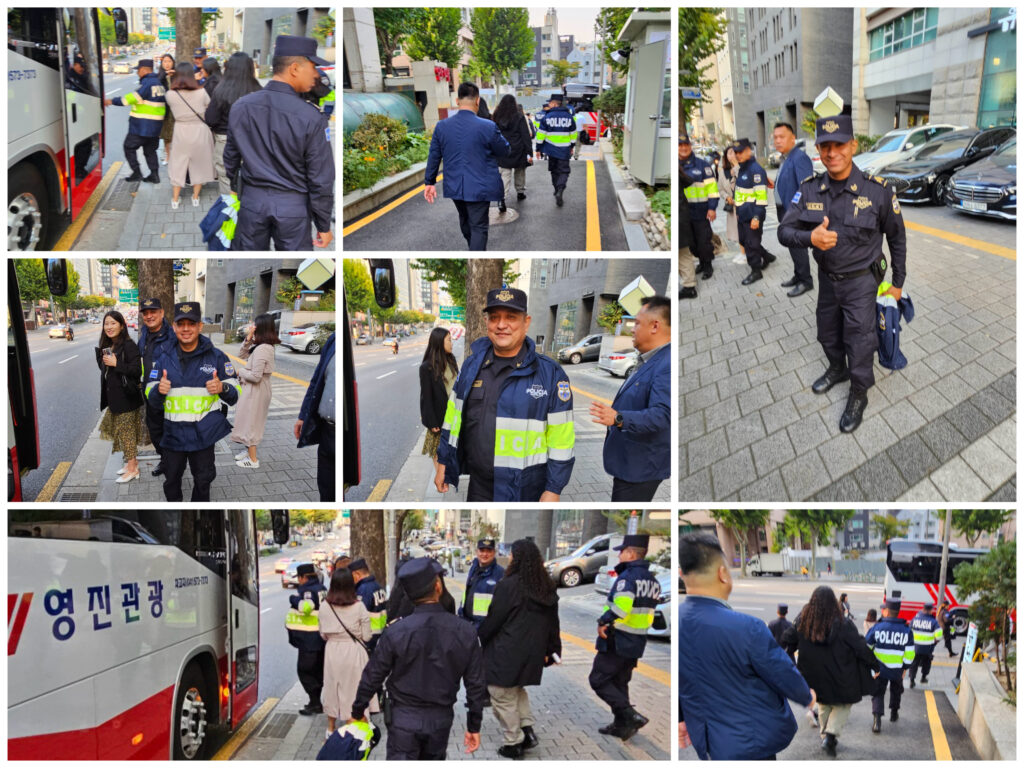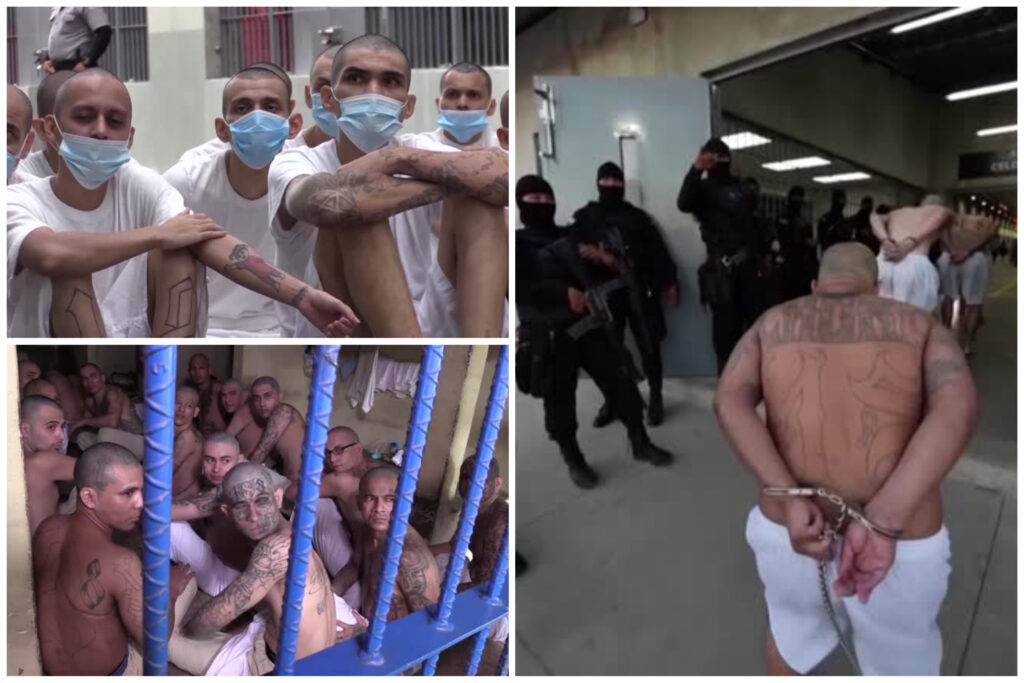
Police investigation capabilities related to women’s crimes in El Salvador, a Central American country, have been improved with the help of South Korea.The Korea International Cooperation Agency (KOICA) announced on the 31st (local time) that it held a local training ceremony to strengthen women’s crime investigation capabilities at the National Police Agency’s capacity building center in San Salvador, the capital of El Salvador, Latin America.A total of 99 people participated in the women’s crime task force training, which Koika conducted five times from 2019 to 2022, in cooperation with the Korean National Police Agency. Among them, 44 are female police officers.
The training was conducted as a participatory ceremony in which case presentations, discussions, and practice related to the educational content requested by the El Salvador Police Agency were conducted.
The 10 experts of the Korean National Police Agency specifically learned specialized investigation techniques on various types of crimes against women, methods of collecting evidence at crime scenes, online sexual violence investigation techniques such as social networking services, and suspect tracking techniques.It also taught women’s crime response security techniques and policies, such as establishing a case handling manual, general interviews and investigation tips and precautions for female victims, and protection of victims.
According to the World Bank (WB), there were 6.7 victims of femicide per 100,000 people in El Salvador in 2019, higher than in neighboring Latin American countries.The El Salvador Police, which is receiving a third round of training from experts dispatched from the Korean National Police Agency to strengthen its capacity to investigate crimes for women, is one of the third round of El Salvador’s security capacity building project that will continue until next year.Koica plans to complete projects such as training El Salvador police’s own professors, building CCTV systems in San Salvador, and remodeling control centers by next year.The total cost of the third project is $5.5 million.KOICA previously invested $2 million from 2009 to 2011 to support the installation and operation of CCTV for crime prevention.It then spent $4.2 million for the second round from 2014 to 2020 to establish an automatic vehicle recognition system to strengthen security.Oswald Guerra, head of the El Salvador Police Agency’s Capacity Building Center, said, “By learning the Korean police’s professional investigation techniques and policies, we can conduct more professional and systematic criminal investigations against women.” And the delegation of the El Salvador Police Department on the 19th
Visit with (Police Commissioner Mauricio Antonio Ariasa Tsitsas) until the 23rd to train and participate in the event.As of April 2020, El Salvador, which was so poorly policed, reportedly saw an average of two homicides per day, down from up to 600 a day in the wake of current President Naive Bukele’s aggressive crime crackdown policy and COVID-19 infections.
However, violent crime is not low: a total of 53 murders occurred in three days from April 24 to 26, and 24 people were killed on April 24, marking the highest number of murders since President Bukele took office.Angered by this, President Bukele has now come up with extraordinary measures: the permission of soldiers and police to kill and order a 24-hour prison blockade. In addition, in order to prevent criminal orders from being made in the prison, the same imprisoned gang members are not allowed to stay in a room and a plate is installed on the bars of the cell to block communication between the cells.
By the way, controversy arose. On April 27, a tweet was posted on the president’s office’s Twitter account, which contained photos of inmates who were semi-naturally close to a prison in El Salvador. This was the convocation of inmates during relocation and construction. As a result, Duncan Tucker of Amnesty International, an international human rights organization, said they were incredibly inhumane photographs and recalled the darkest moments in human history. In addition, it was pointed out that the coronavirus infection-19 is recently in vogue, and there is a great concern about infection as inmates keep them in close contact. In other words, it is no different from convening without caring about quarantine.

The LA Times also criticized, saying, “As El Salvador’s prisons have driven prisoners into groups, efforts to reduce contact to prevent infection in South America have been in vain.”As a result of the controversy, President Buccle released a video on Twitter showing him ordering crime in his cell, saying the murder took place the day after the video was taken, and in the video, an inmate is saying, “Shoot in the face.” There was a confrontation between the side that human rights should be guaranteed even if they are criminals and the side that was made to prevent serious crimes such as murder. related news.
El Salvador’s parliament approved a bill on April 6, 2022, that would allow media outlets to be sentenced to 10 to 15 years in prison for copying or disseminating messages from criminal organizations. #
More than 5,000 gang members have been arrested more than a week after El Salvador declared a state of emergency for its “war on gangs.” # This continued and by April 11, 2022, more than 9,000 gang members were arrested in 15 days. # On December 16, 2022, El Salvador marked the first day in history when there was no murder. President Naive Bukele congratulated himself by posting it on Twitter. #In February 2023, CECOT, the largest prison in Latin America, was newly built and 2,000 inmates were transferred all at once.In May 2023, when a police officer was killed by a gang member, President Naive Bukele became furious and mobilized 5,500 military and police officers to launch a large-scale search and gang subjugation operation. As a part of this, high-tech investigations and countermeasures were trained with the Korean police to maintain security and reduce crime.
EJ SONG
US ASIA JOURNAL



